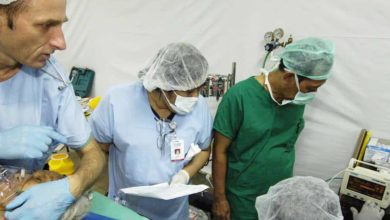Doing research during your gap year is one of the best ways to not only prepare yourself for medical school but also build up your CV for residency applications as well. The tricky question is how to get a research position for your gap year. Here are a few steps that you need to take:
Do you currently have a student researcher position?
If you are already doing research with a PI as a part-time student researcher, this is your best opportunity to get a full time position. Prior to graduating (usually best if done at least 3 months prior to graduation), you should discuss with your PI whether there would be a full time paid research position available after you graduate. Many research teams (clinical or laboratory) don’t have the funding available to pay full time researchers. But if your team does have the funding and they like the work that you’ve done so far, there is a good chance that they’ll offer you a full time position as long as you ask.
Read More: Finding an Undergraduate Research Lab as a Pre-Med Student
Ask for references
If your current part-time student research position cannot turn into a full time position, the next best step is to ask your PI whether he or she knows of any open positions in other labs. PI’s in similar fields generally know each other and have a sense of which PI’s need staff. This is helpful because if you have a good relationship with your PI, then he or she can refer you to another person, which will increase your chances for getting a position.
Apply for known research fellowships/scholarships or jobs.
This is your opportunity to pursue prestigious research opportunities like a fellowship at the NIH. The National Science Foundation also has research fellowships. Your best bet is to find out what opportunities are out there after you graduate through your school’s career center or by doing a simple google search. Keep in mind that there are a lot of research jobs in the private sector through companies such as Genetech and ThermoFisher.
Read More: 5 Steps To Landing An Undergraduate Research Position
Apply for research jobs through universities or hospitals
Another way to find research positions is to use job portals in universities or hospitals. For example, University of Washington has a job portal that you can use to find the job that you want. Hospitals, especially those with a strong research background and with academic affiliations, also have research positions available outside of the university. You can find these jobs online as well.
Finding a job after graduating college is not easy and finding an ideal research position for your gap year is no exception. You need to start early and plan ahead or you might find yourself working for free in a lab and doing another job or living at home to support yourself financially.



